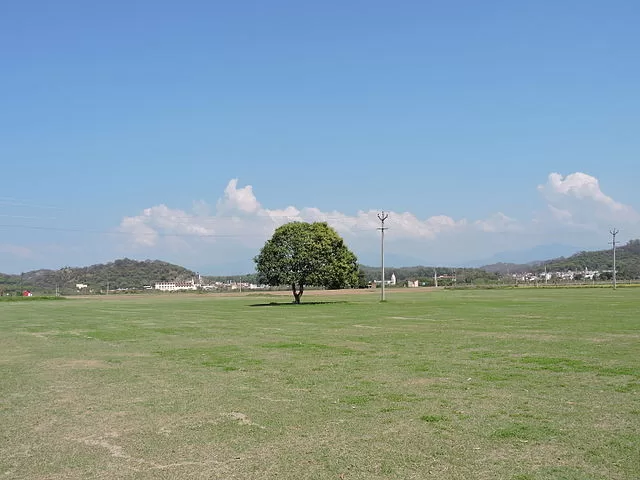When it comes to experiencing the beauty of nature and the changes it brings, one of the most fascinating aspects is the weather. Panchkula, a city in India, is no exception. In this article, we will delve into the diverse weather patterns that grace the city, from the scorching heat of summer to the cool breeze of winter. Let’s embark on a journey to understand the different seasons and how they influence life in Panchkula.
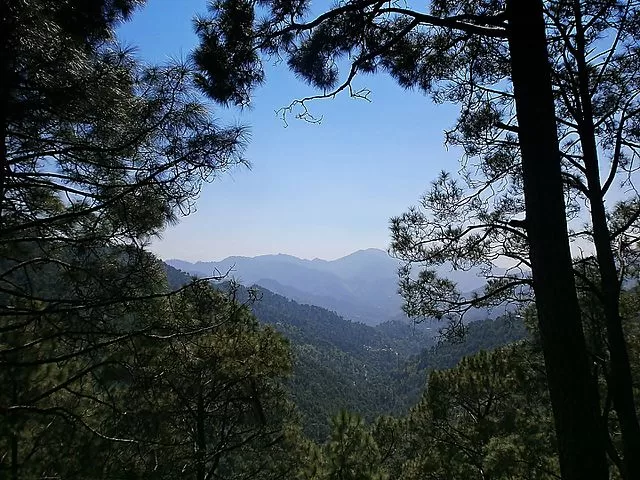
The Basics of Panchkula’s Weather
Panchkula enjoys a subtropical continental climate, characterized by four distinct seasons: summer, monsoon, autumn, and winter. Each season has its unique charm and challenges, contributing to the city’s vibrant atmosphere.
Summer Splendors
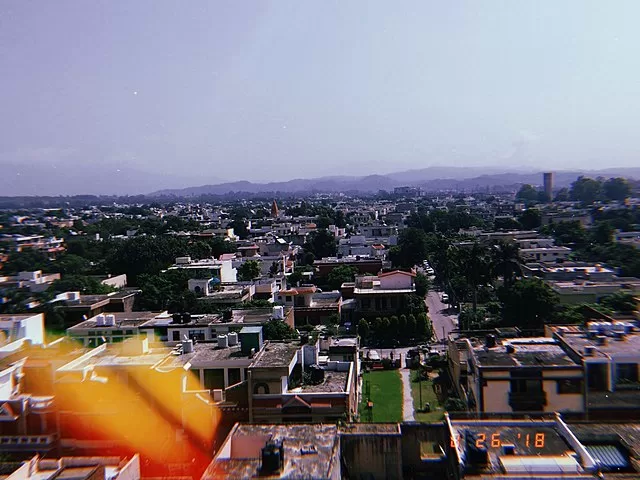
Summer in Panchkula stretches from April to June, bringing with it soaring temperatures that can reach up to 40°C (104°F). The sun casts its fiery glow upon the city, encouraging residents and visitors to seek shade and enjoy refreshing drinks. The hot and dry climate is a reminder of the importance of staying hydrated and taking precautions against the sun’s harsh rays.
Monsoon Magic
As June gives way to July, Panchkula experiences the monsoon season, which lasts until September. The arrival of monsoon brings relief from the scorching heat, as rain showers cool the earth and rejuvenate the surroundings. The city comes alive with lush greenery, and the joy of rain is evident in every corner.
Autumn Allure
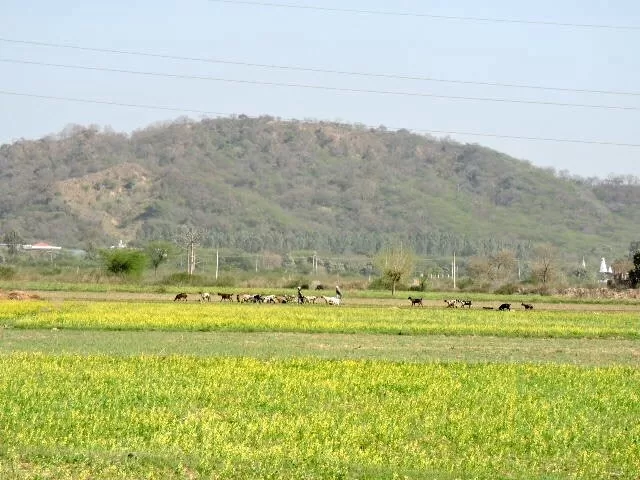
With the monsoon bidding adieu, autumn arrives in October and stays till November. The weather becomes more pleasant, with temperatures ranging from 15°C to 25°C (59°F to 77°F). The city’s landscape is adorned with the golden hues of falling leaves, creating a picturesque setting that attracts both locals and tourists.
Winter Wonders
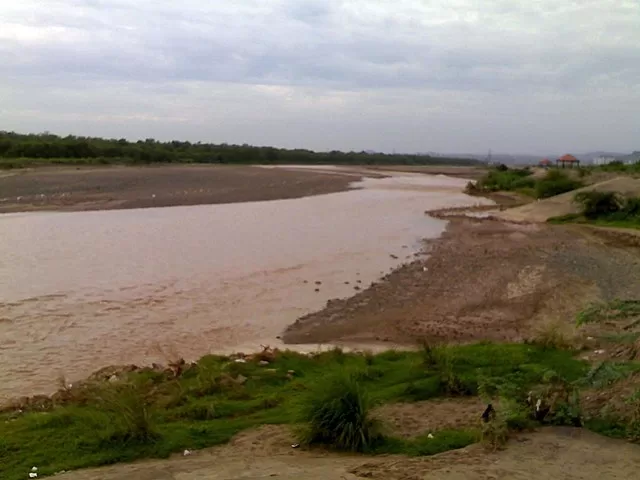
Winter graces Panchkula from December to February, bringing chilly temperatures that can drop to around 5°C (41°F). The cold breeze adds a festive touch to the air as the city prepares for celebrations. Warm clothing and cozy gatherings become the norm, making it a perfect time to explore the local culture and cuisine.
Impact on Daily Life
Lifestyle Adjustments
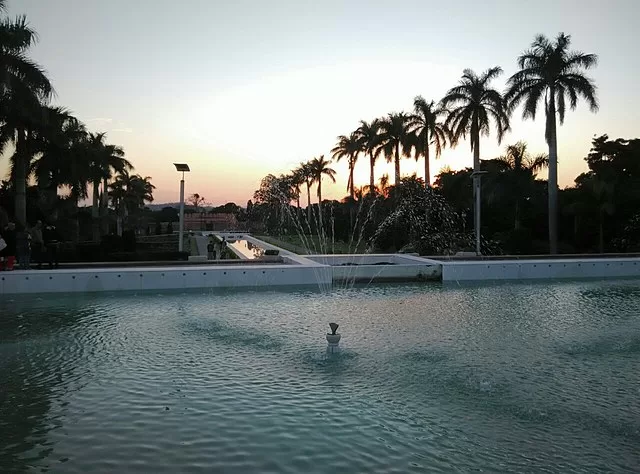
The changing weather in Panchkula has a significant impact on daily life. During the scorching summer, people retreat indoors during the peak hours of the day and indulge in cold beverages. The monsoon season encourages a more laid-back atmosphere, with people enjoying the rain while also being cautious of potential flooding. Autumn and winter witness a more active community, with festivals and outdoor activities taking center stage.
Conclusion
In conclusion, Panchkula’s weather is a captivating symphony of nature’s elements, creating a rich tapestry of experiences throughout the year. From the sweltering heat of summer to the cozy charm of winter, each season adds its own flavor to the city’s life. Exploring Panchkula means embracing these diverse weather patterns and enjoying the unique rhythm they bring.
FAQs
- Q: What is the best time to visit Panchkula?
A: The best time to visit Panchkula is during autumn and winter, from October to February, when the weather is pleasant and festivals abound. - Q: Does Panchkula experience extreme weather conditions?
A: Yes, Panchkula experiences hot summers with temperatures exceeding 40°C and cold winters with temperatures dropping to around 5°C. - Q: How should I prepare for Panchkula’s monsoon season?
A: Pack lightweight rain gear and comfortable footwear, and stay updated with weather forecasts to avoid inconvenience during heavy rains. - Q: What are some popular winter festivals in Panchkula?
A: The Winter Carnival and New Year’s celebrations are among the most popular festivals during the winter season in Panchkula. - Q: Are there any outdoor activities during the summer season in Panchkula?
A: While outdoor activities are limited during the scorching summer, early morning and evening walks are common, along with visits to air-conditioned indoor spaces.

